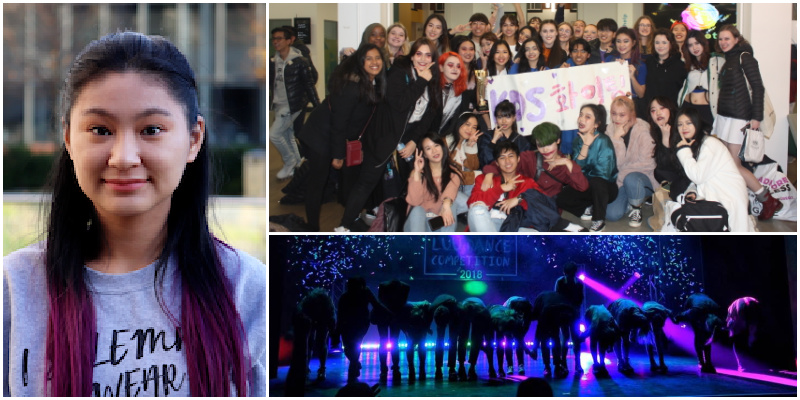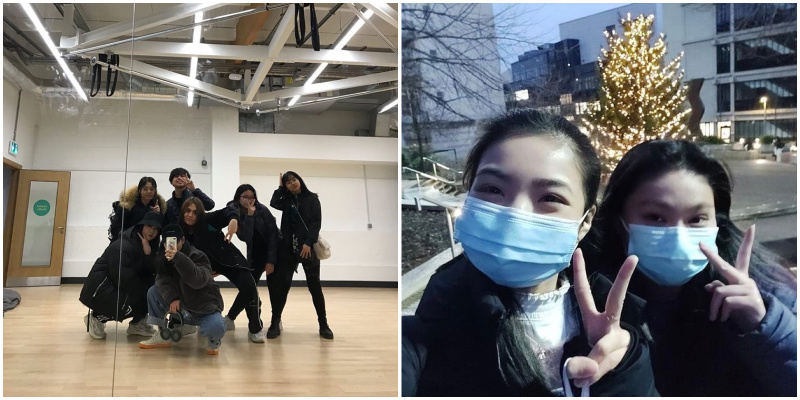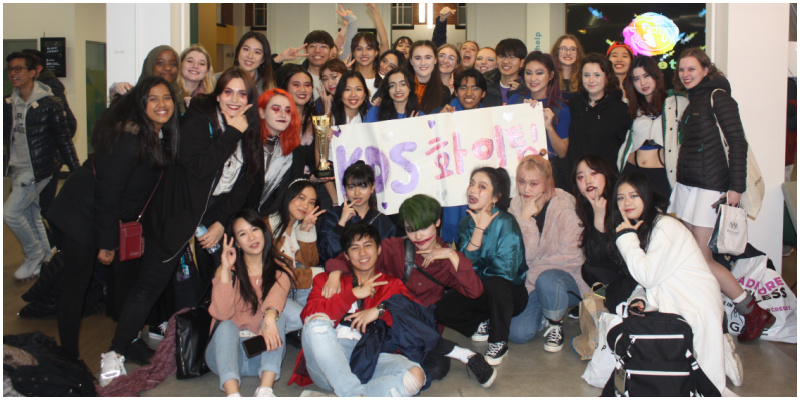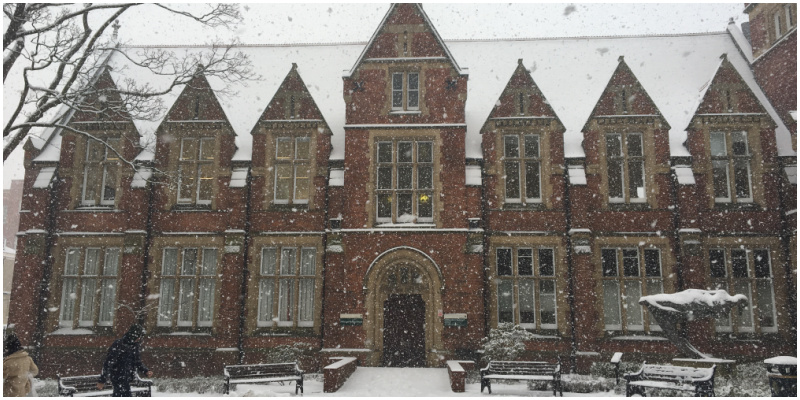Finding a Job as an International Student

Hello, I’m Adeline from Hong Kong! I just finished my MA in Advertising and Design, and will soon be starting a graduate job in the UK. In this blog, I’ll be sharing my experience of securing a job in the UK as an international student, as well as some tips and useful resources I used during the process. (The pictures are also from my time at Leeds).
Prior to my Masters degree, I also completed my undergraduate degree in Art and Design here at the University of Leeds. During the start of my undergraduate final year I was unsure if I wanted to find a job or complete a Masters degree. Despite being unsure, I went to the different careers events hosted by the Careers Centre. And whilst I ended up doing a Masters degree first, the knowledge I gained from attending careers events throughout my final year came in useful when I was job hunting during my Masters degree.

The job I secured is on a graduate programme with a Big 4 management consulting firm, so it had a very vigorous application process with many stages. I actually first heard of the job opening through email, since I had signed up to the company’s mailing list at the beginning of the academic year (go sign up to email alerts!). I’m really looking forward to starting, and I am fortunate enough to continue to stay in the UK under a sponsored Skilled Worker Visa.

My degree had helped me decide on the career path I wanted to take, through tackling a range of different projects and roles that were prominent in my industry area. This has allowed me to gain an idea of what I was more, or less interested in.

Below are some of my top tips!
1. Gain work experience - not just for your CV, but to find what you enjoy!
During the past 4 years as a University student, I took part in a lot of different work experiences. Whether it be volunteering, internships, part time roles, or being on a society’s committee, all of these gave me the opportunity to figure out what my careers interests were, if I liked or disliked something. This meant I was more likely to apply for jobs I would enjoy. (Of course, it also gave me a lot to talk about during interviews! Particularly my committee role in the K-pop Dance Society)
2. Start early so you don’t miss out
You’ve probably heard it many times - but it’s true! Starting early meant I had more options, as many graduate schemes close their applications around November. I began with preparing and researching different opportunities available to International students at the beginning of the academic year in September. Whilst there were a lot of online applications and ability tests to complete, each test meant that I was getting more familiar with the process. Student Circus was one of the platforms I used to help identify jobs available to international students looking to work in the UK.
3. Rejection is a normal part of the process
I’ve had many of my applications rejected, especially for competitive graduate schemes with larger companies. I thought of each opportunity as a practice, even when I didn’t make it through, I was learning more about myself. (Whilst not all, some provided applicants with a report or feedback!) Though of course, rejection is something no one likes, but thinking of it positively had helped me continue on through the process.
4. Attend careers events and fairs
It’s never too early to begin attending workshops, talks, and careers fairs - even if you’re a first year! Throughout this year, the careers centre frequently hosted webinar sessions for international students. These covered a range of topics covering every stage of job hunting, from how to write a CV for UK employers; to inviting guest speakers to talk about how and where to look for jobs, or about visas. (I’ve attended a lot of these, and some even more than once throughout the past 2 years.)
5. Use the Careers Centre resources
Webinars, workshops, fairs, appointments, practice tests - the list goes on. The careers centre have been a huge help in preparing me, with resources available at each stage of the process (listed at the end). Booking a mock interview appointment had helped me hugely in feeling more confident and prepared to tackle my real interview. (And the careers centre staff are always happy to help!)
6. Research jobs, companies, and the application process
By researching the company and jobs available, I was able to narrow down the roles I would apply to. Being time efficient was a huge thing for me, especially since many of the applications I filled in were long. Researching the company also meant that I was able to prepare for the final interview. Looking through the company’s website and recent news, as well as other people’s experiences with interviews (such as on Glassdoor) meant I could prepare examples relevant to the company’s values.
7. Sign up to mailing lists and job alerts
Whether this be for specific companies, or just job alerts on MyCareers - being aware of different opportunities available is useful! This will let you know of any current opportunities available so you won’t miss out on applying. Even if you’re not currently looking for a job, these emails can give you an idea of what companies are looking for, preparing yourself for the future.
8. Consider a range of locations to widen your opportunities
Whilst for some, staying in Leeds is the obvious choice (since this may be where all your friends are!), being open to relocating gives you a wider range of opportunities. For larger companies, there may be more than one office that you’re choose to be based in. Or there may be more job opportunities you’re interested in elsewhere, perhaps depending on your industry. So having an idea of which cities you’d be happy to relocate to is beneficial.

If you have any questions, feel free to get in contact. All the best with your job search!
